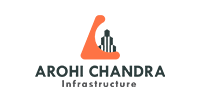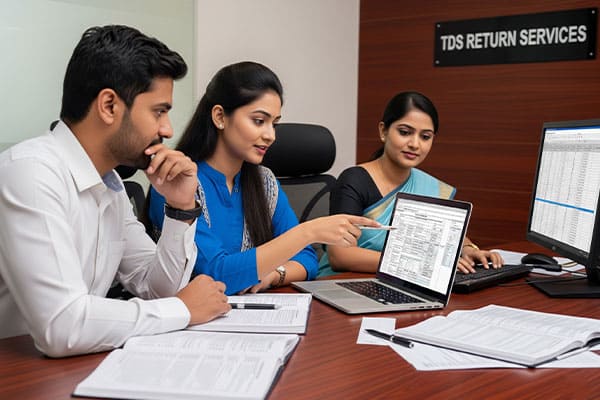
Income Tax Return (ITR) filing is not just a legal formality but a key step in financial planning and compliance. It helps individuals, businesses, startups, and professionals avoid penalties and stay updated with the latest tax rules. Timely filing also supports smoother processes like applying for loans or visas.
At Avyud Consultancy, we offer trusted ITR filing services tailored to your income and deductions. Our team ensures accurate tax calculation, error-free documentation, and full compliance with current tax laws. Whether you’re salaried, self-employed, or run a business, we file your returns on time with ease.
We prioritize data privacy and security, making the entire process stress-free. With our support, you can reduce tax burden, claim valid deductions, and gain complete peace of mind. Trust Avyud Consultancy for timely filing, legal accuracy, and expert tax assistance.
What is the Compliance for ITR Filing for Compliance?
Compliance refers to adhering to the provisions of the Income Tax Act, 1961, which requires taxpayers to disclose their income, claim deductions (if any), and pay taxes within prescribed timelines. Non-compliance can lead to penalties, notices, or prosecution. In today’s fast-evolving financial environment, staying compliant is not optional—it’s a necessity for businesses and individuals alike to maintain a credible tax profile and access various financial services.
Who Requires Income TAX Return Filingl and Why?
Whether you’re a salaried individual, self-employed professional, business owner, or startup founder—filing your Income Tax Return is essential. Entities with taxable income above the basic exemption limit or those involved in business transactions like GST filing, foreign remittances, or high-value banking activities are legally obligated to file their returns.
Reasons why ITR compliance is essential:
- Legal requirement under the Income Tax Act
- Mandatory for loan approvals, credit card issuance, and financial transparency
- Required for tender applications, visa processing, and startup registrations
- Avoid interest, late fees, and penal actions from the IT department
Benefits of the Income TAX Return Filing Services
Choosing expert ITR filing services can unlock several strategic and financial benefits for you or your business:
- Timely & Accurate Filing: Avoid penalties with professional handling of deadlines and form selection (ITR-1 to ITR-7).
- Maximized Tax Savings: Expert review of deductions and exemptions to reduce tax outgo.
- Error-Free Documentation: Minimized chances of IT notices due to incorrect or incomplete submissions.
- Year-Round Support: Get assistance for advance tax, TDS reconciliation, Form 26AS verification, and more.
- Financial Readiness: Maintain a strong tax profile for loans, investments, and business expansion.
Why Choose Avyud Consultancy?
At Avyud Consultancy, we go beyond just filing your returns—we partner with you to build a compliant and growth-focused financial future. With deep expertise in tax laws, modern cloud-based tools, and a client-first approach, we ensure every aspect of your Income Tax Return is managed with precision and care.
- Experienced Tax Professionals with years of domain expertise
- Personalized Solutions based on your income sources, business type, and tax profile
- Local Presence in Purnia, Bihar, offering easy access and personal consultation
- Affordable Pricing, transparent service models, and data privacy assurance
- Compliance-First Approach, ensuring long-term regulatory peace of mind
Partner with Avyud Consultancy and ensure your tax obligations are met—on time, every time.

Income TAX Return Filing
We specialize in providing comprehensive Income Tax Return Filing services tailored specifically for individuals.
ITR Filing for Firm
we specialize in firm ITR filing services in Purnia, Bihar, ensuring seamless documentation, accurate reporting
ITR Filing for Compliance
We offer reliable and hassle-free Income Tax Return Filing Services tailored for individuals, businesses, startups, and professionals.
GST Filing
Our service covers everything from monthly, quarterly, and annual return filing to input tax credit (ITC) reconciliation
















